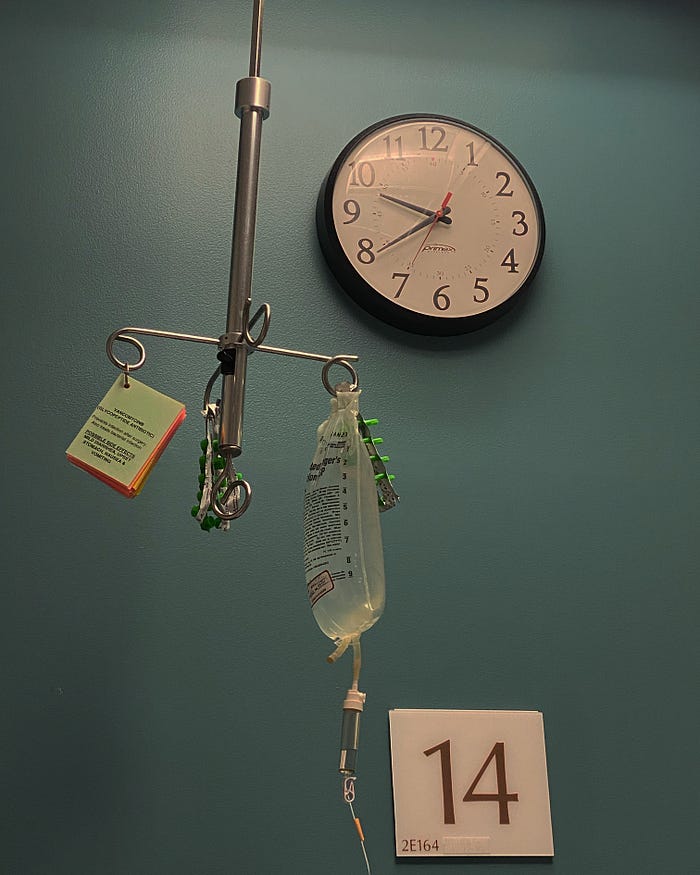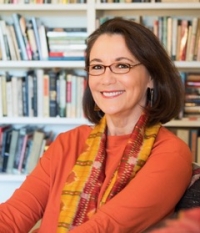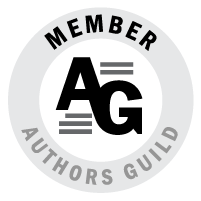Nostalgia for the East Coast Bonded Us in a West Coast ER

What makes for a delightful conversation when you’re waiting to find out whether a loved one is closer to life, or to death? Well, if the emergency room is in Los Angeles, chats about the good old days on the East Coast seem to be just the ticket.
I’ve spent more time in ERs over the past couple of years than I want to admit to myself, let alone to you. Aged mother and older husband. Comes with the territory. I’m not writing this to let you in on our medical tsuris, though. I’m writing to tell you about an easy trick that helps lift the spirits in times like these.
And so here we are, back in the ER again tonight, waiting endlessly for a room upstairs to open so my husband can be admitted. Going on six hours of tests, drips, charts, blips, anxiety, boredom, occasional Code Blue announcements in the hallway outside. And talk about the East Coast, where it seems like half the staff here comes from.
One nurse moved from Boston last year, and the only thing she likes about LA is the weather. Another nurse joked about the emergency cubicle that we’re all crammed into being bigger than his NYC apartment. He grew up in Queens and commuted to Fordham. The pharmacist, too, came from New York — “That’s why I’m OCD” — but wears his Trojan lanyard proudly, since he graduated from USC Pharm School.
The first question asked, almost every time: “Where’re you from?”
“New York.”
“Where?”
“Bronx, next to Yankee Stadium,” my husband replies, and we’re off to memory lane.
The real pros are the two senior doctors at this hospital. One’s also from the Bronx, the other from the Upper Westside. Both in their 70s, they race each other down the halls, one in an electric scooter for his arthritis, the other in a wheelchair for his bum leg. [The wheelchair always wins, we’re told.] Both are Jewish, but they might as well be brothers of my mother’s doctor, an equally gregarious Irish Catholic in his 70s. All of them have a seasoned gift of gab that works better than chocolate-chip cookies to lift troubled spirits.
My husband’s doctors chat him up about the changes to the old neighborhood. Where the best delis used to be. How the Yankee players used to have their hair cut at the neighborhood barber shop, where you could get them to sign your baseball cards. [Mickey Mantle didn’t want to talk, but maybe he was shy.] Exact cross streets matter, and where your apartment was in relation to the subway els. These guys can talk for hours about the jobs they had delivering dry cleaning as kids, where the Jewish neighborhood stopped and the Irish began. What boulevards got turned into highways. Who baked the best rye bread. The tragic loss of the old Yankee Stadium.
The talk is fast and earnest, full of smiles and close attention. These doctors are watching their patients all the time, for symptoms, signals, information, but they never let their medical antennae interfere with the spell of nostalgia. None of these guys have lived in New York for decades. That’s precisely why this topic of conversation works so well.
Memories from long ago get fuzzy around the edges and better over time. They become more general and more generalizable. We all did very different things yesterday, but we all did a lot of the same things thirty years ago, especially if we were in the same place thirty years ago. That common ground is conversational gold.
And in a hospital setting, that gold shines especially bright because it doesn’t just take us out of the hospital, it lifts us out of the state and all the way across country. Not just out of this moment of crisis but back eons before our arthritis set in, or our leg gave out, or whatever ails us today started screaming. Nostalgia for the other coast is the perfect hospital diversion.
Personality plays a big role, too, of course. The medical maestros of nostalgia are effusively open, as well as acutely attentive and insightful. Both magnanimous and tireless, they’re far from the norm in this hospital, or any other. But they are well established leaders, which is why those young nurses have taken notice.
“Are you always this cheerful?” I asked the nurse who took the bus from Queens every day to get his degree from Fordham.
“Not on your life,” he assured me, grinning. But if he could be this uplifting after surviving a tiny cramped apartment, a daily commute across the boroughs, relocation across country, and the grind of a busy metropolitan emergency room in the middle of a pandemic, I’m not sure I believed him. I think he really is — somehow and miraculously — this cheerful all the time. And that makes the dismal fact of emergency brighter for us all.



